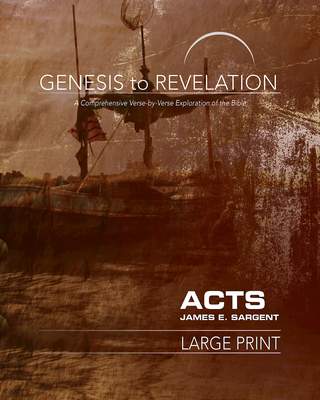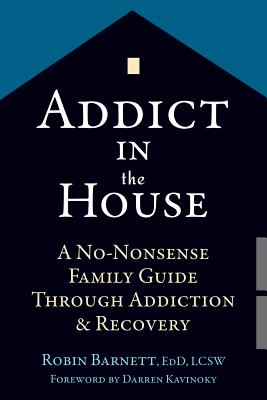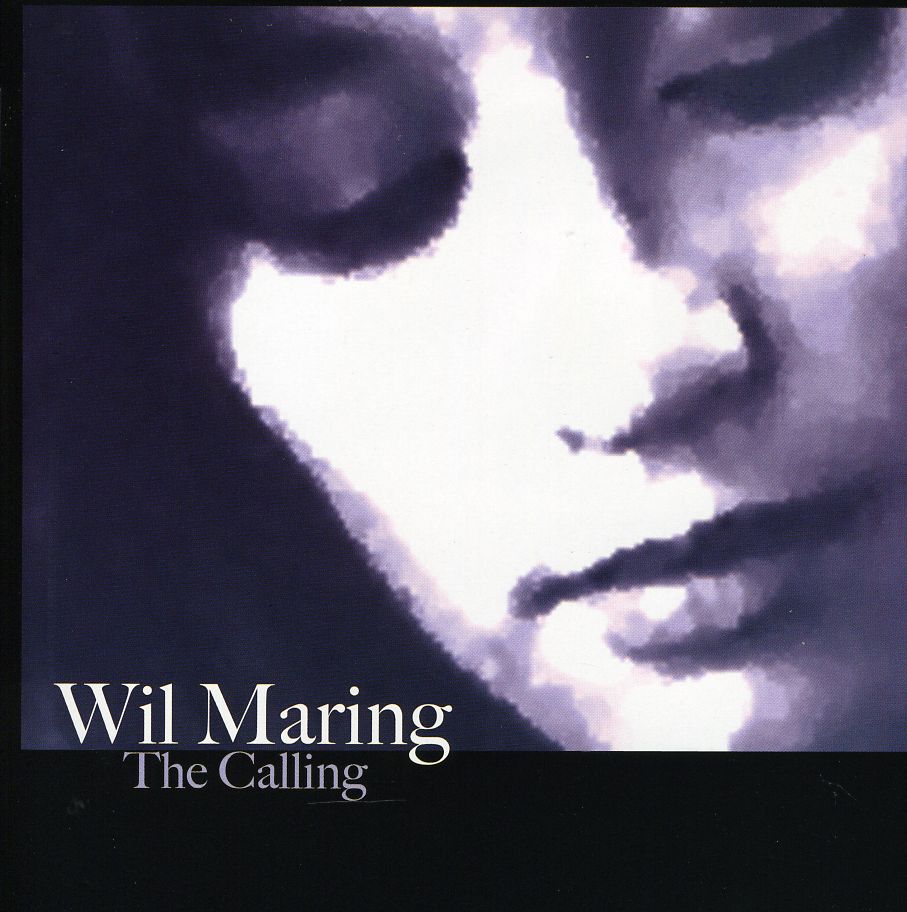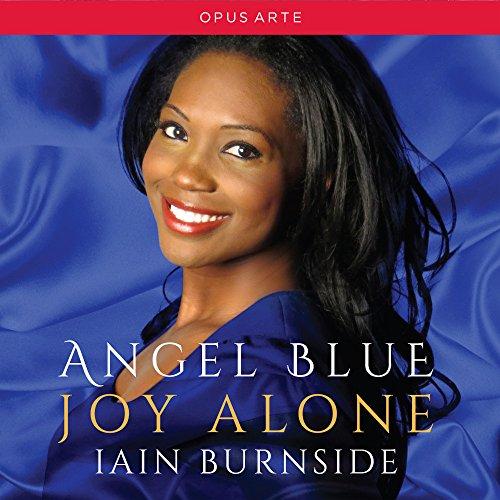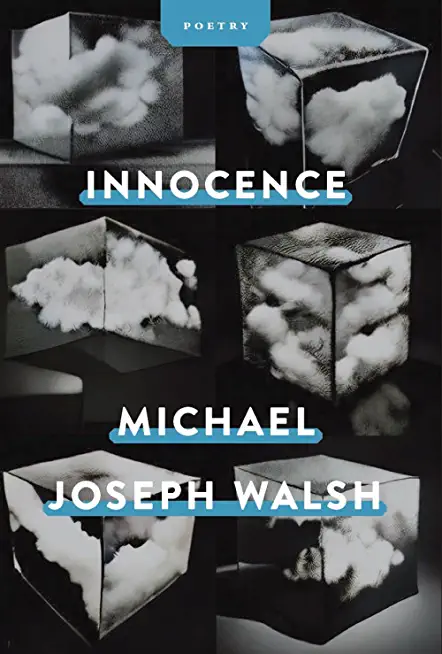
Winner of the 2021 CSU Poetry Center Lighthouse Poetry Series Competition, selected by Shane McCrae
In a well-known Zen koan, the bodhisattva Dizang says, Not knowing is most intimate. Michael Joseph Walsh's first collection of poetry, INNOCENCE--is about the unknowability of the future--the political, cultural, technological future--and the vertiginous intimacy of contemplating that future from within the digital panopticon. The poems in Innocence are interested in virality, late capitalism, apocalypse, and clouds--the clouds in the sky, the Cloud where our files live, and the Cloud of Unknowing. This stunning debut dwells in the innocence--that is, the guilelessness--with which we appear be destroying ourselves.
Complete as first books of poetry rarely are, integral as first books of poetry rarely are, Innocence reads as if it exists only to be; it pursues no end other than its own being, which is the end of all successful works of art, whatever a particular work's subject. Innocence is 'that spoken thing / Only now created / That opens out into every room, ' which is to say, alive from beginning to end, a life.--Shane Mccrae
This meditative, alternately lulling and troubling book takes place in the discrepancy between our imagined futures and the brutal, real present, or their uncanny overlap, 'a hybrid machine': 'some golden / coherence // which is the violent perception / of a mistake.' 'It is eerie to live.' INNOCENCE is intimate and distant, haunting and estranging, 'a dance of omission.'--Elisa Gabbert
At once almost authorless--like a great Bridget Riley painting or DJ Shadow's Endtroducing--and intensely intimate--Michael Walsh has some 'wild news' for you!--the poems in Innocence are responsible for some of the most rewarding reading experiences I've had as of late. There's a strange and rare sort of transport to them: 'Yet now I feel like dancing, ' says a speaker who also seems to feel like a motherless child. And though there's a lot to learn from Walsh's adroit lineation (which at times feels akin to William Hunt's in his terrific and vastly underappreciated Of the Map That Changes) I think I like crawling through the briars of the prose of 'Insider, ' with its many 'realizing grace[s], ' best. This is a first book of the first water.--Graham Foust
Poetry.

